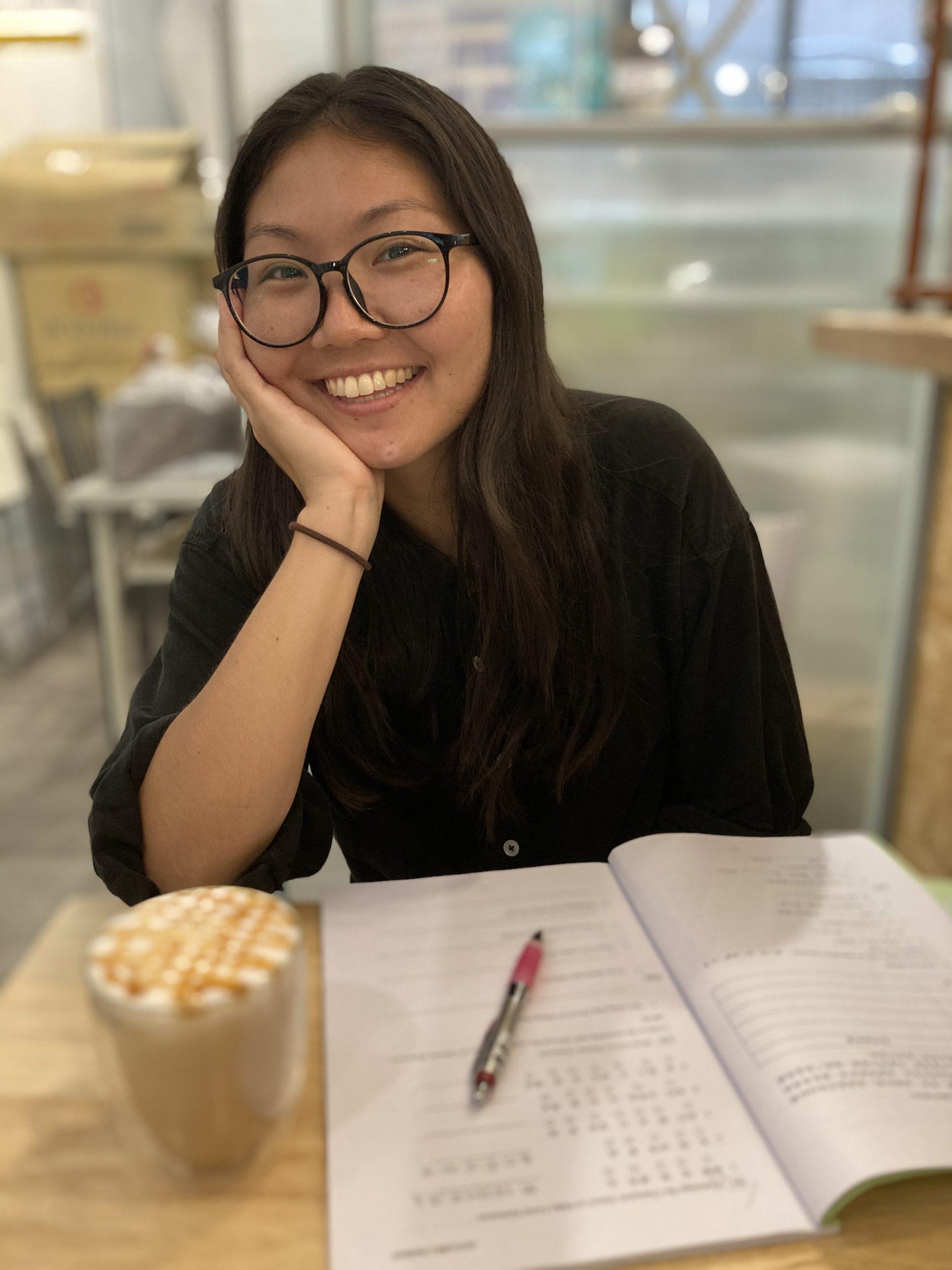
This quarter we reconnected with RFG Fellow, Kelli Sunabe (Maxwell, 2023), who recently completed a Boren Fellowship experience in Taipei, Taiwan. Kelli lived in Taiwan for approximately nine months as a Boren Fellow, studying Mandarin Chinese and deepening her knowledge of Taiwanese culture and the island’s relations with Mainland China. In the following piece, Kelli chronicles the victorious and challenging aspects of her Boren Fellowship.
The Boren Fellowship is a long-established initiative that provides funding for research and language study proposals by U.S. graduate students in world regions critical to U.S. interests. Kelli joins a growing legacy of RFG Fellows, who have been selected as Boren Fellows. To date, more than 15 RFG Fellows have been selected for this prestigious award and have studied a diverse array of foreign languages, including but not limited to Arabic, Hindi, Japanese, Korean, Mandarin Chinese, Polish, and Swahili. Kelli chose to study Mandarin Chinese because of her academic background in U.S.-Asian relations and because of her previous experience studying the language in China as a Peace Corps Volunteer. She shared how her studies of the language in China had been cut short by the onset of COVID-19 and how appreciative she was to restart these studies as a Boren Fellow in Taiwan.
As a Boren Fellow, Kelli chose to study at an intensive immersion language school, where students were only allowed to speak Mandarin on school grounds and attended class every weekday for four hours, followed by 4-5 hours of homework designed to accelerate their understanding and proficiency in the language. She describes how she had to give five minute long speeches 2-3 times per week in addition to her other homework assignments in an effort to strengthen her oral communication skills. One element of her school that Kelli really appreciated was that all of the classes had a small class size of four students maximum, which enriched her connections with her classmates and ensured the teachers were aware of each student’s progress.
In addition to her language courses, Kelli shared that one of the elements of her Boren experience that she really enjoyed was advancing her language abilities enough to be able to carry out conversations with local people and learn about their stories through their language. She remembers riding on a long-distance bus from the top of a mountain down to a coastal city and meeting an elderly woman who was from the indigenous group of that mountain area. She shares that the two of them were able to pick up a conversation naturally by speaking Mandarin Chinese, and as a result, she was able to learn about the woman’s childhood, career, family, and even her political views. She resolutely states that “this experience could not have happened if I did not speak Mandarin Chinese.”
Kelli also recounts some of the more difficult aspects of her Boren experience. She shares that “although it was challenging as political tensions between the People’s Republic of China (China) and the Republic of China (Taiwan) intensified with the islands being surrounded by the People’s Liberation Army, I learned a lot from the Taiwanese people about democracy and grit.” She continues, “I am very grateful for the opportunity to have lived there while I did and to have met kind people who shared openly with me.”
Looking back to when she first departed for her Boren Fellowship, Kelli feels a sense of achievement as she was able to fulfill her two main goals for this fellowship program. The first of these goals was to achieve a higher proficiency in Mandarin Chinese. Before leaving for Taiwan, her proficiency was at a low elementary level and she was unable to read or write in Chinese characters. Now she has acquired an intermediate proficiency level and can communicate using a strong variety of Chinese characters. Her second goal was to gain a better understanding of the divergences in vocabulary, phrases, and cultural references between the Mandarin used in Taiwan versus Mainland China. She hoped that by becoming educated about these differences she would have a fuller grasp of these nuances and their impact on discussions related to governmental policies, political rhetoric, and citizens’ perspectives on geo-politics. Witnessing firsthand some of the political tensions between the People’s Republic of China and Taiwan and being able to use her increased proficiency in the language to understand these political tensions has left Kelli feeling that she has taken concrete steps towards this goal and it has energized her to deepen her fluency in the language moving forward.
Looking ahead, Kelli is currently working on completing her final semester at Syracuse University’s Maxwell School. Upon graduation this summer, she aims to find employment with the Departments of State, Labor, or Energy. Overall, she wants to secure a position working on U.S. engagement efforts in Asia, stating, “I hope to contribute a thoughtful perspective on U.S. relations with Asia, and specifically China, that applies my experiences in Taiwan and China and my ability to speak Mandarin Chinese.” She underscores that a career in public service is very important to her. “My Peace Corps China service ingrained in me that a career in public service is the route for me,” Kelli explains. Moreover, she cites her upbringing, sharing, “My parents were both educators and dedicated to serving our local community. Their hard work and dedication inspired me to want to serve in some capacity as well.” She concludes with gratitude for both the Boren Fellowship and the Robertson Foundation for Government for affording her the opportunity to advance her education and pursue a career in this field.